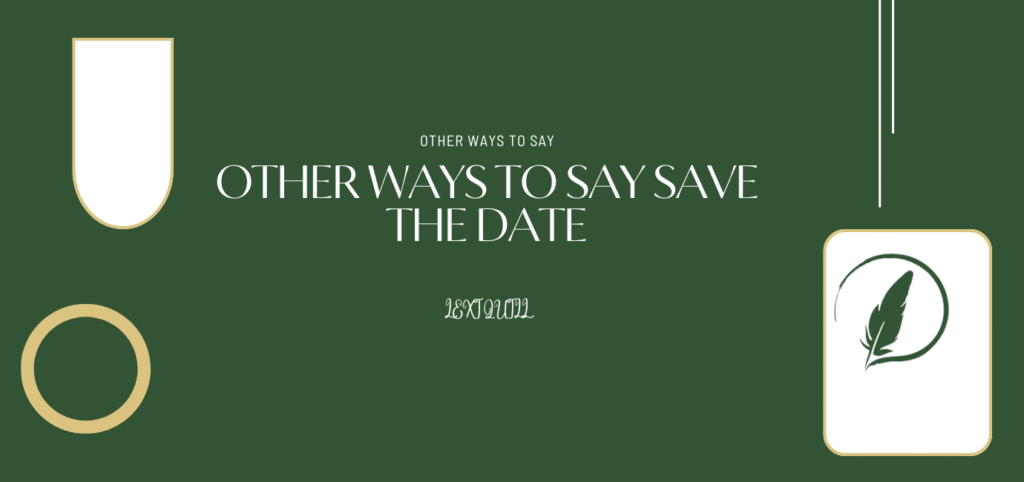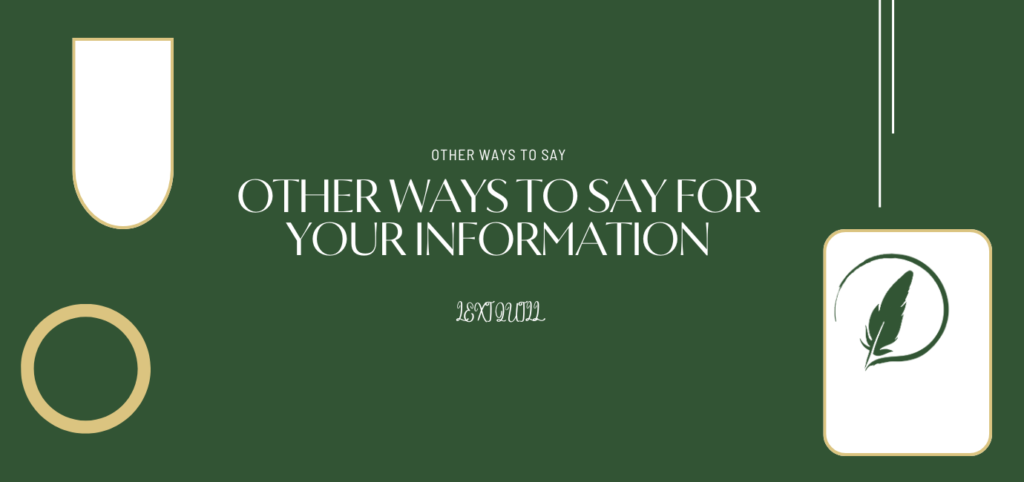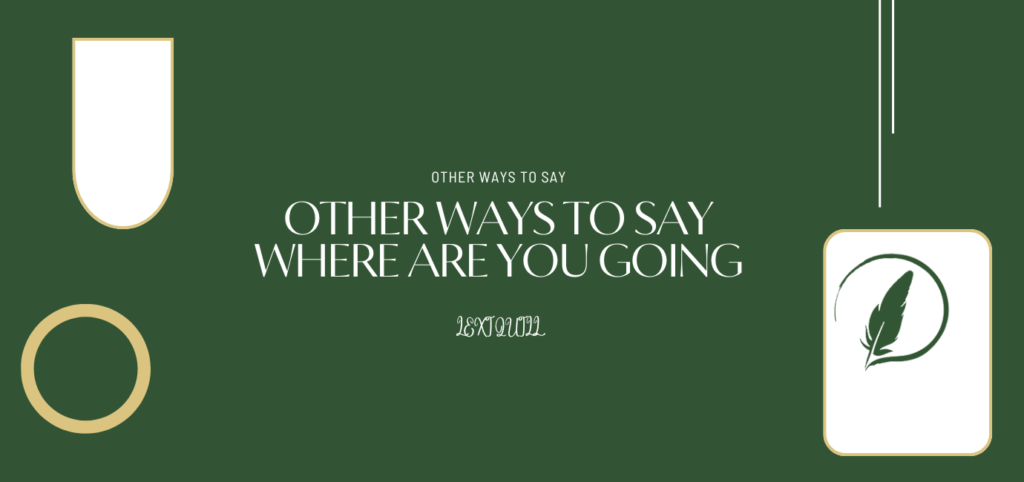To say “God bless you” is a widely recognized and heartfelt way of expressing goodwill, comfort, and protection to someone. Whether it’s said after someone sneezes, during a farewell, or in moments of encouragement, the phrase holds deep emotional and spiritual resonance. However, in a world rich with cultural, religious, and personal diversity, it’s helpful to have a variety of alternative expressions that can convey similar sentiments in more inclusive or context-appropriate ways.
Why Use Alternatives?
Although “God bless you” is warmly familiar and comforting to many, it may not always be the most fitting phrase for every situation or individual. People come from a wide range of religious and spiritual backgrounds—or may not be religious at all. Using alternatives allows us to be more inclusive, respectful, and thoughtful in how we communicate goodwill. Moreover, varying your expressions can add richness and personal touch to your communication, helping you to better connect with others in a sincere and considerate manner.
Alternative Ways to Say “God Bless You”
1. Blessings to You
This phrase is simple and versatile. It’s spiritual without being tied to a specific religion, making it suitable in most contexts. It conveys a sense of good fortune and care.
Example: “May your journey be safe. Blessings to you.”
2. Stay Blessed
Often used in parting or when expressing appreciation, this phrase is casual yet meaningful. It suggests a continuation of blessings and well-being in one’s life.
Example: “Thank you for your kindness. Stay blessed!”
3. Wishing You Well
This is a great secular alternative. It’s inclusive, warm, and applicable to many different situations—from farewells to congratulations or expressions of support.
Example: “Wishing you well in your new job!”
4. May You Be Blessed
This expression retains the spiritual essence of “God bless you” but is more formal and slightly more universal in tone. It’s often used in speeches, cards, or significant moments.
Example: “May you be blessed with happiness and good fortune.”
5. Take Care and Be Safe
While not religious, this phrase is filled with care and concern. It’s perfect for saying goodbye or offering reassurance.
Example: “Drive carefully! Take care and be safe.”
6. Peace Be With You
Originating from religious traditions, particularly Christianity and Islam, this phrase is deeply spiritual yet increasingly used in broader settings to wish calm, safety, and inner peace.
Example: “Thank you for your help. Peace be with you.”
7. Sending Positive Vibes
Modern and entirely non-religious, this phrase is often used in informal settings to offer emotional support and encouragement.
Example: “I hope you feel better soon! Sending positive vibes your way.”
8. Godspeed
Traditionally used when someone is about to embark on a journey or new venture, this old-fashioned but elegant phrase invokes divine favor and safe travels.
Example: “You’re off to great places. Godspeed!”
9. Much Love and Light
This phrase is spiritual and affectionate. It combines emotional warmth with a gentle sense of encouragement, often used in healing or reflective moments.
Example: “Wishing you much love and light on your healing journey.”
10. Divine Protection Be Upon You
Strongly spiritual, this phrase is best suited for situations that call for serious emotional or spiritual support. It invokes a higher power for safety and guidance.
Example: “As you embark on this new path, divine protection be upon you.”
Final Thoughts
Language is a powerful tool that allows us to connect, comfort, and care for one another. While “God bless you” remains a cherished and meaningful expression, being equipped with alternative ways to share good intentions makes your communication more inclusive and adaptable. Whether your audience is secular, spiritual, or simply different from you, these alternatives help preserve the heart of your message—kindness, hope, and goodwill—while respecting diverse perspectives.








